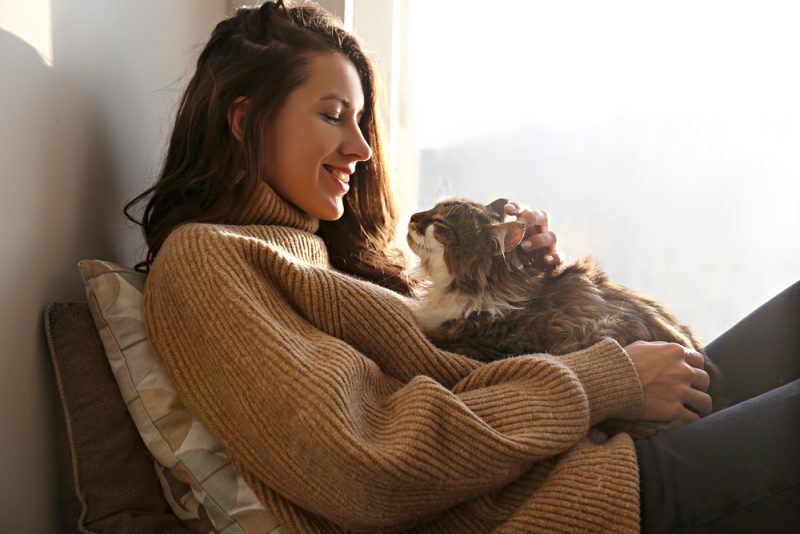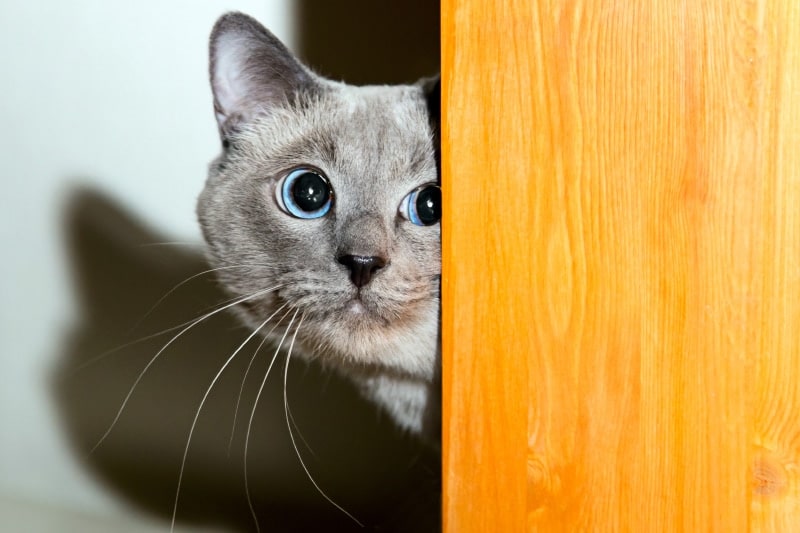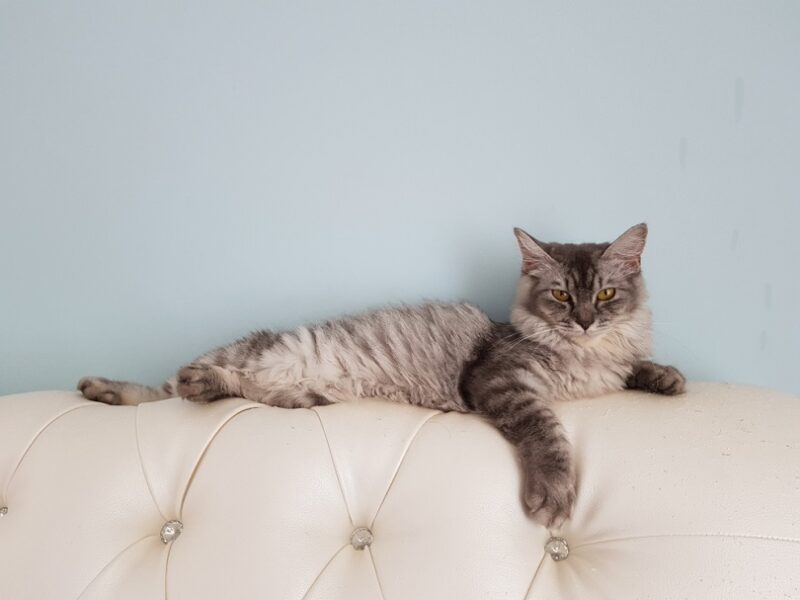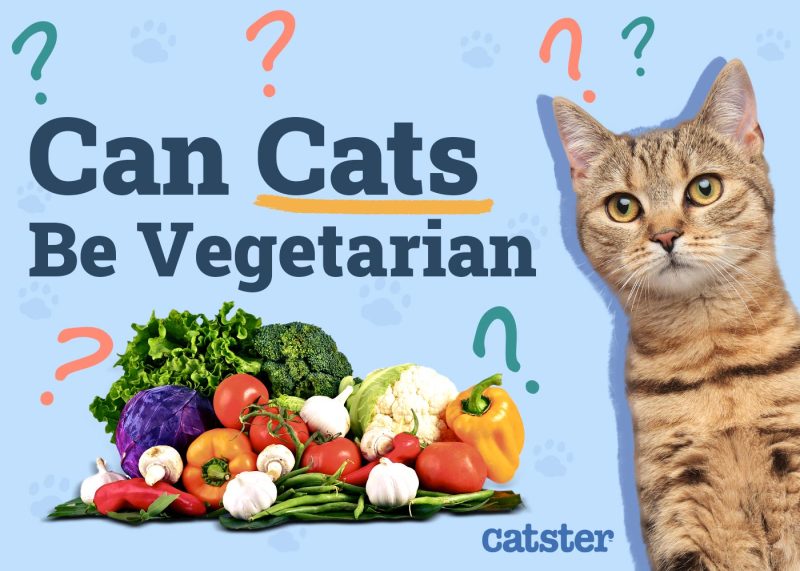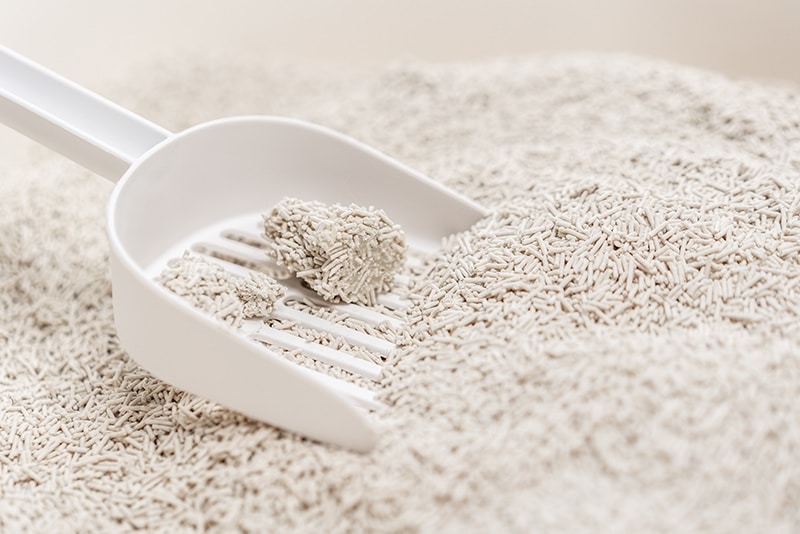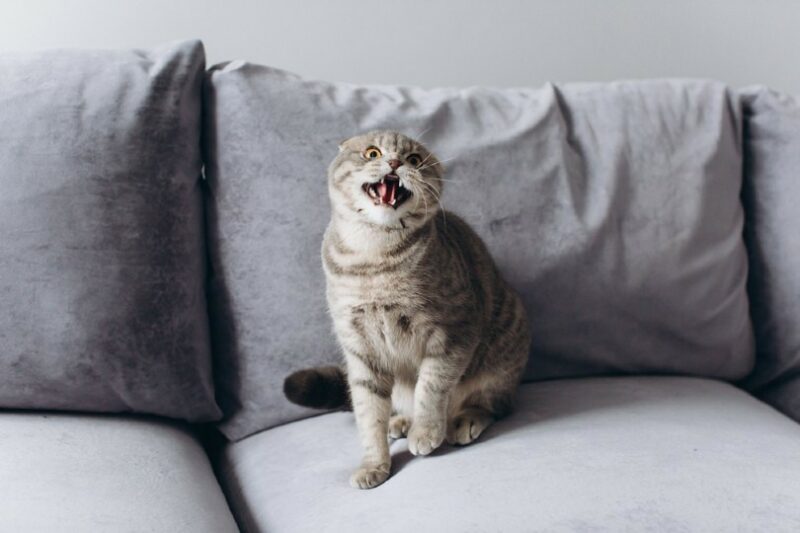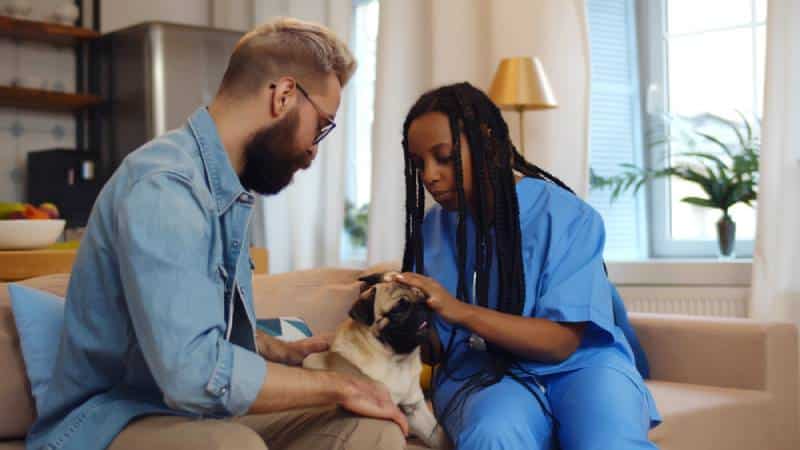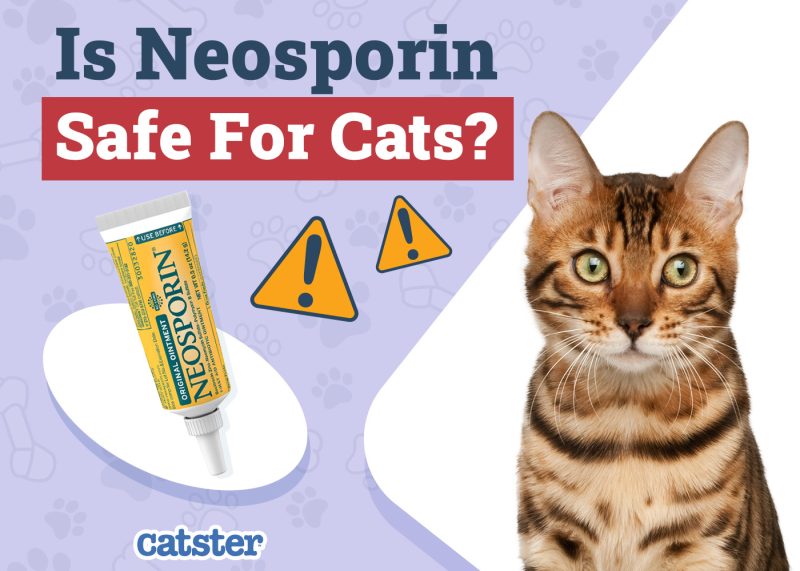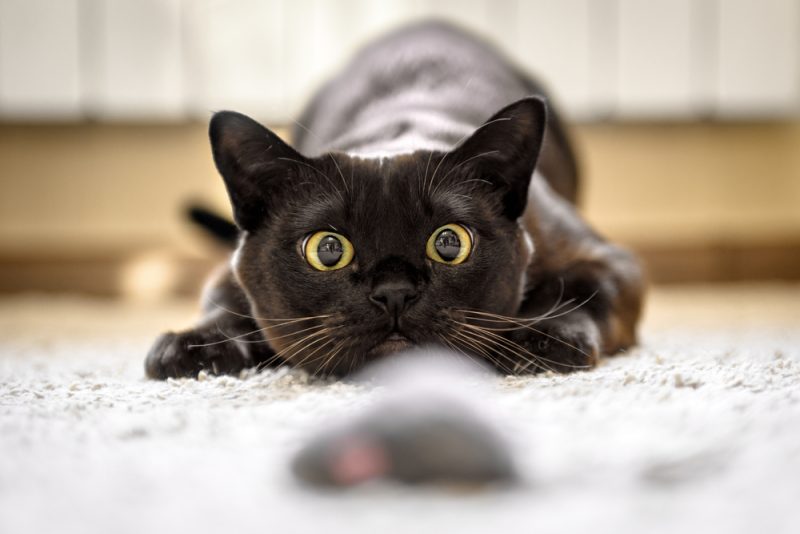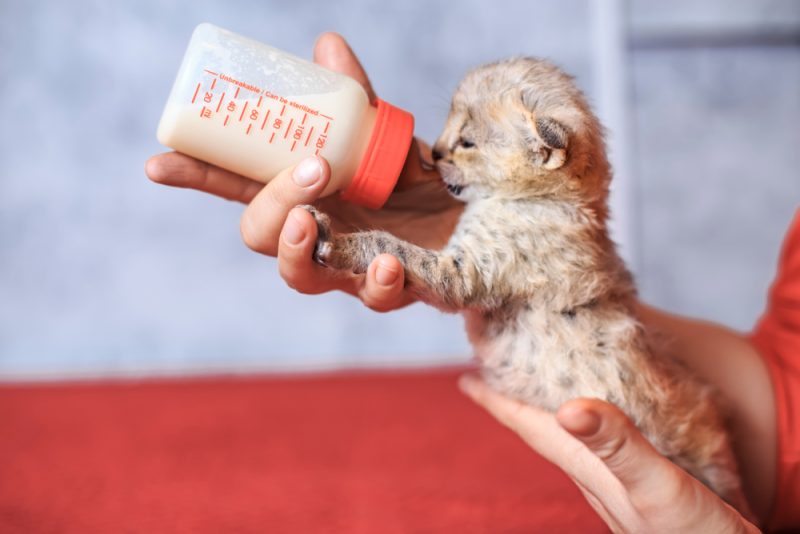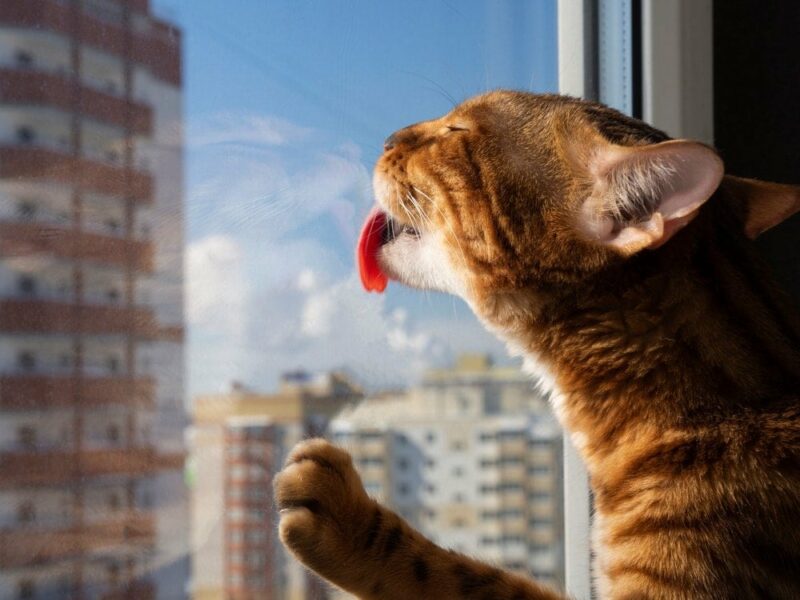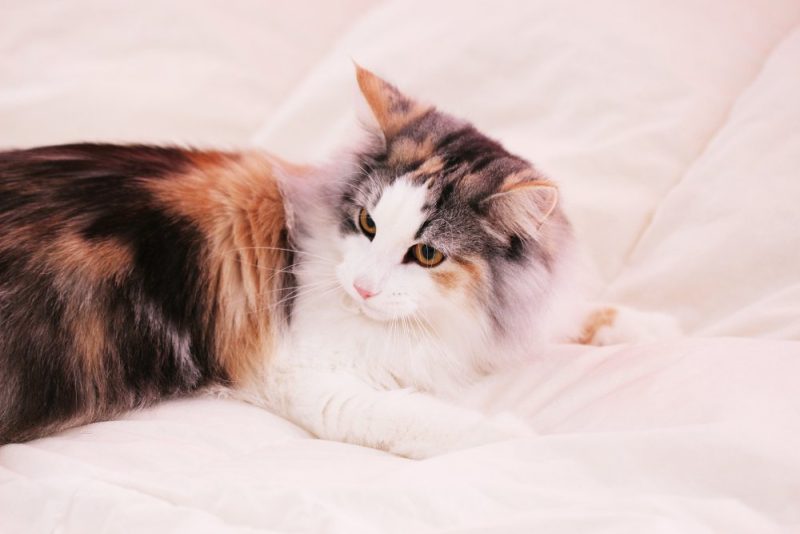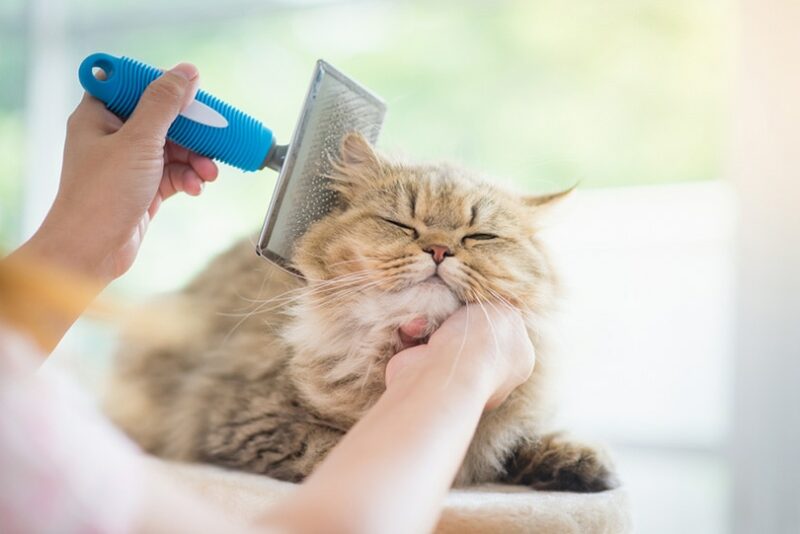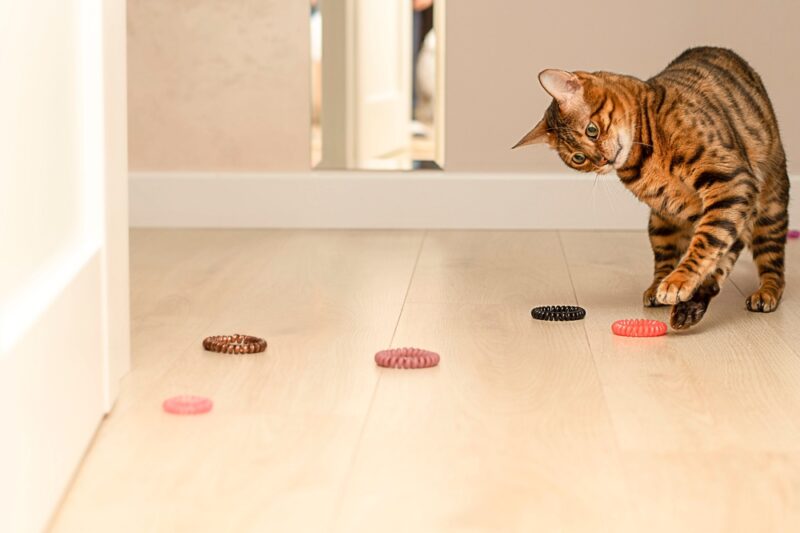In this article
As the population of cats continues to grow, so do the debates on how many cats should be allowed in a household. Some people believe that too many cats housed together will make it difficult for the animals to find food or that sharing territory is too stressful for cats if there is not enough space for all the felines in a single home.
Laws on cat ownership vary by state. Some counties and cities also have specific regulations limiting the number of cats that can live in a single residence. The purpose of the laws is to keep the population of cats under control and to protect them from becoming feral or disappearing into the environment. The laws are designed to prevent the overpopulation of cats and promote their health and well-being.
You’re here to find out about the state of Virginia, where the law is a little complicated. As a general overview, the maximum number of cats you can own will highly depend on the county, city, & town laws that apply where you are located.

Virginia State Laws Regarding Cat Ownership
The state laws in Virginia are vague on purpose. Cat ownership laws are outlined in Virginia Law Code 3.2-6524, which makes having an unlicensed dog illegal at a state level but delegates the regulation of cat licensing to a local level.
For cats, the law states that “…the governing body of any county, city or town may, by local ordinance, prohibit any person from owning a cat four months or older within such locality unless such cat is licensed.”
This law means that anyone in Virginia can own any number of kittens for up to 4 months without needing a license. However, for cats over 4 months old, laws within individual counties, cities, or towns may limit the number of cats you can have in your home.
Virginia County, City, & Town Laws
95 counties are located in the Commonwealth of Virginia. There are also 38 independent cities in the state. There is considerable variation in the laws between one county or city and the next. Virginia considers cities and counties equal levels of government. However, towns come under counties. This means that if you live in a town, you must look at the town and county ordinances and abide by both.
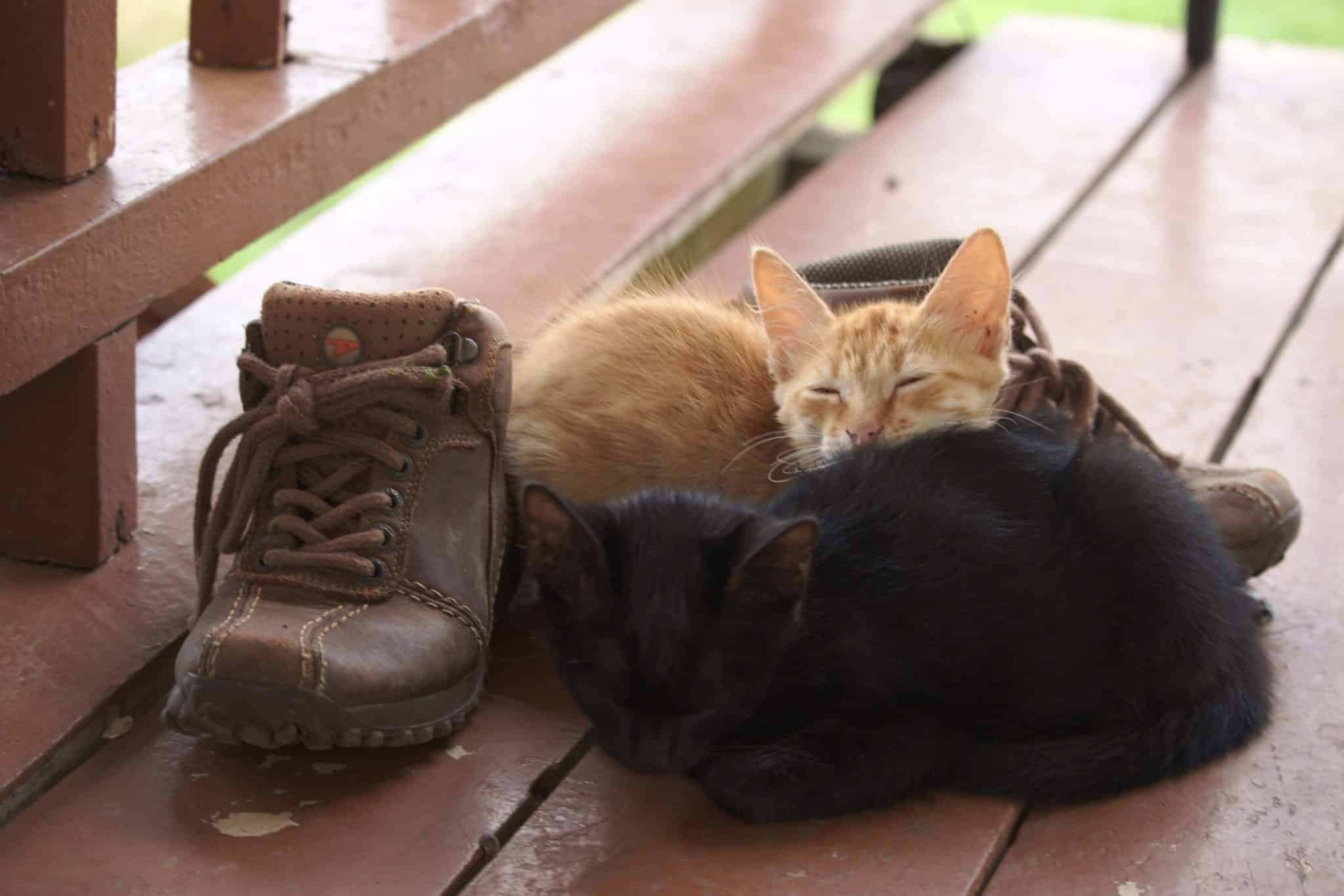

Relevant Laws for the Top Five Most Populous Counties & Cities in Virginia
Let’s look at the law in Virginia’s five most populous counties or cities. In Fairfax County, The county government website explicitly states that individuals may keep as many cats as they want on their property. In Prince William County, Virginia Beach City, and Loudoun County, the cat numbers are not addressed, and no limit is set, and you can also own as many cats as you choose.
Currently, of the top five most populous counties and cities, only Chesterfield County limits the number of cats you can own—fewer than six cats.
What Are Some Counties & Cities Where Limitations Exist?
Along with Chesterfield County, ownership of multiple cats is limited in a number of other jurisdictions. You can have no more than five cats older than 4 months in Waynesboro. Roanoke County allows six cats, but at least four of them must be fixed. Henrico permits a maximum of four adult pets of any species per household.
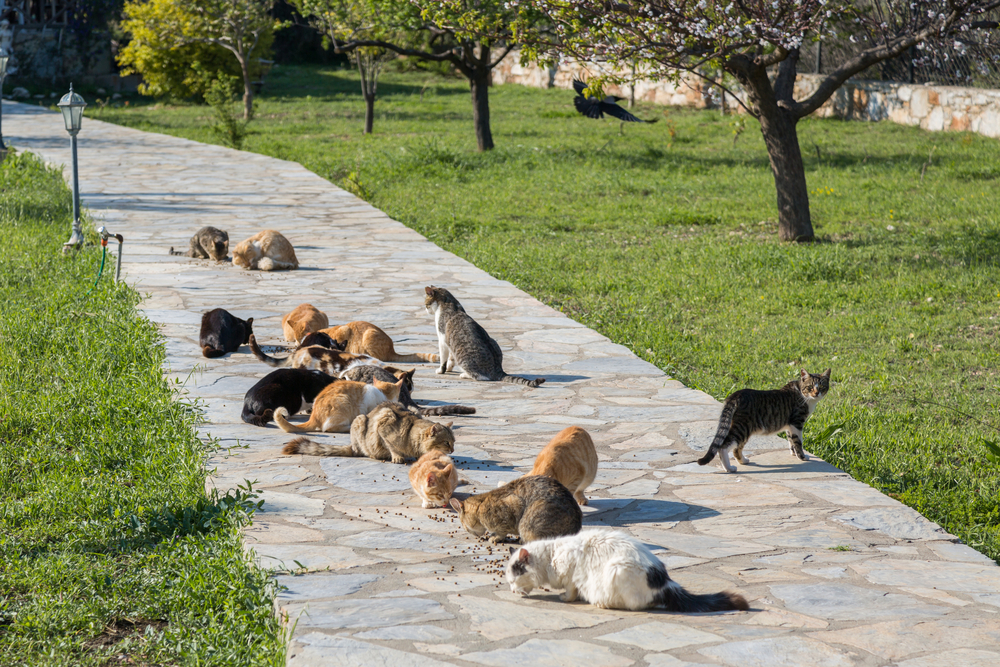
What Should Residents of Virginia State Do?
You should always check your county’s laws before buying an animal in Virginia due to the complex and varied nature of the state’s laws. Your county might or might not have a limit on the number of pets, or cats specifically, that you can keep in your home.
In addition, your cats may or may not require a license, depending on the county, city, or town you live in. These laws exist to address the issues created by animal hoarding, which can cause suffering for the animals and the community around them.

What is Animal Hoarding?
Animal hoarding is the act of keeping several animals in an unregulated and often unclean environment. Animals in these situations are typically not well taken care of and may suffer from neglect.
The hoarders can have a strong emotional attachment to the animals and see themselves as their protector or caregiver, even though the animals are often malnourished and living in deplorable conditions. Hoarders claim to love their animals and believe they are providing them with a better home than they would receive if given up to a shelter.
How is Animal Hoarding Prosecuted in Virginia?
Virginia takes animal hoarding very seriously, and although state-wide laws limiting the number of cats or other pets per household do not exist, Virginia’s animal laws are used to prosecute and criminalize animal hoarding as a form of animal cruelty.
Since 2019, under a new statute named “Tommie’s Law,” a person who “tortures, willfully inflicts inhumane injury or pain,” or “cruelly and unnecessarily beats, maims or mutilates any dog or cat” will be charged with a Class-6 felony, which carries a maximum penalty of 5 years in prison and a maximum fine of $2,500. However, animal hoarding is more likely to be prosecuted as a misdemeanor.
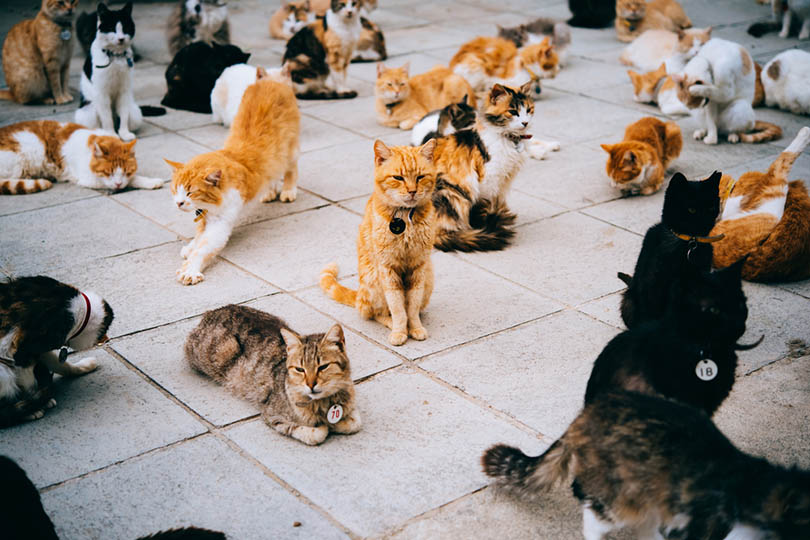
Recent Cases of Animal Hoarding in Virginia
The Virginian Pilot reports that prosecutions are rare and that jail time is the last resort for severe and chronic cases of animal hoarding. For example, just 24 days of jail time were served in one of Virginia’s most notorious cases of animal hoarding. This short punishment was enforced despite multiple arrests against the offender, Lisa Hokaj-Ross.
Numerous times previously, her home had to be emptied of sick and dead animals. The Hokaj-Ross case was a case of animal hoarding at its worst. There were more than 100 dead animals at her house, including 24 sick ones, and most of the animals were cats.
In another sad case, Appomattox County Animal Control rescued 16 cats and four dogs living in an unsanitary environment in January 2022. The cats had obvious health issues, and the dogs were chained outside in the cold. Fortunately, they are now recovering at the Appomattox County Animal Shelter.

Conclusion
At a state level, you can keep as many cats as you want in Virginia as long as they are cared for and not creating a nuisance. At a county, city, or town level, there may be laws in effect limiting the number of cats you can own. Laws limiting the number of pets a person can own are meant to prevent animal hoarding problems.
Animal licensing laws are intended to force prospective owners to register with the government and law enforcement before they get a pet. If you are thinking about getting another cat, please adopt from a shelter or rescue instead of buying from a breeder to help reduce the number of animals euthanized yearly. Thanks for reading!
- You might also like: Are There Wild Cats in West Virginia?
Featured Image Credit: evrymmnt, Shutterstock
